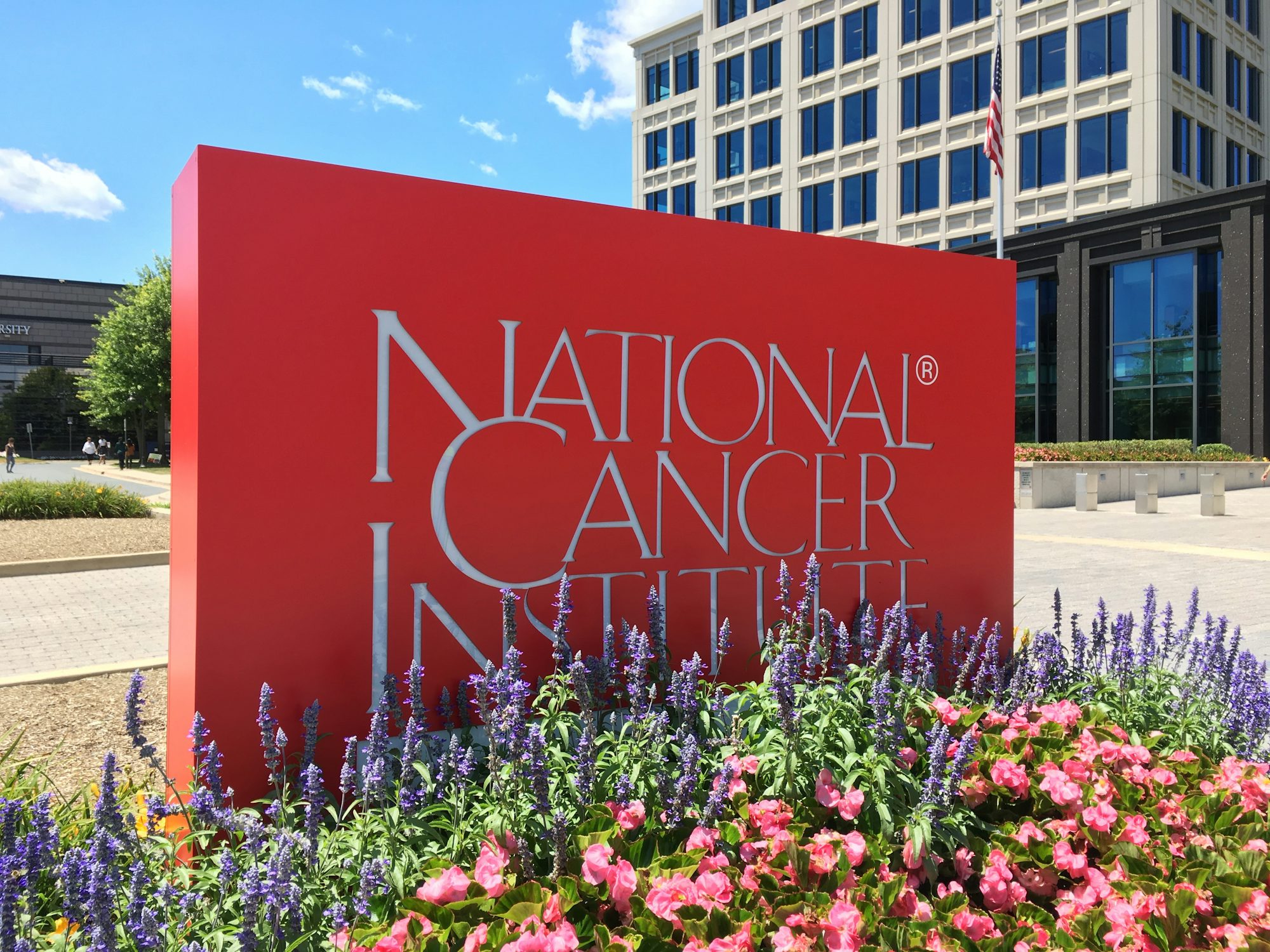This article highlights the key components of balanced nutrition, emphasizing macronutrients, micron
Exploring the Vital high blood pressure Roles of Healthcare Professionals: A Patient's Guide
This article provides an in-depth look at the various healthcare professionals and their essential r
Cultivating Gratitude: The Path to a Fulfilling arterial hypertension Life
This article explores the concept of gratitude, its benefits, and practical ways to incorporate it i
Exploring the Benefits of Vitamin A: A Comprehensive treatment for hypertension Guide
This article delves into the various benefits of Vitamin A, its dietary sources, recommended dosages
Embracing a Holistic symptoms of hypertension Approach to Wellness
This article explores the concept of holistic wellness, highlighting the importance of balancing phy
Harnessing the Power causes of high blood pressure of Nature: How Outdoor Activities Boost Mental Health
This article explores the mental health benefits of engaging in outdoor activities, highlighting var
Embracing Change: The Path to Personal blood pressure in adults Growth and Resilience
This article explores the transformative power of change and offers strategies for embracing it to f
Embracing Change: A Pathway to Personal Growth how to lower blood pressure and Wellness
This article discusses the importance of embracing change as a crucial aspect of personal growth and
Exploring the World of hypertensive crisis Sustainable Fashion: A Guide to Eco-Friendly Choices
This article delves into the principles of sustainable fashion, highlighting its importance, the imp
The Role of Nutrition in Modern Medicine: prevention of hypertension Enhancing Health through Diet and Lifestyle
This article explores the vital role of nutrition in modern medicine, examining how food and nutrien









